6061 Marine Aluminum Tubes for Marine Engineering Projects
Marine engineering demands materials that combine exceptional strength, corrosion resistance, and versatility for reliable performance in harsh seawater environments. Among these materials, 6061 marine aluminum tubes have emerged as an indispensable choice, providing engineers with structural excellence and longevity under demanding marine conditions.
Why 6061 Marine Aluminum Tubes?
6061 aluminum alloy is a hot-rolled or extruded alloy frequently used in various engineering disciplines. Its widespread use in marine projects is not simply due to its lightweight nature but owes significantly to its corrosion resistance, mechanical properties, and ease of fabrication. The "marine aluminum" justification stems from carefully selecting and tempering 6061 alloy parts to maximize the magnesium and silicon components, which protect well against seawater correlated degradation.
In my experience working with 6061 marine aluminum tubes for marine engineering projects, the to success lies not just in the material's inherent properties – its excellent corrosion resistance and weldability – but also in meticulous pre- and post-fabrication processes. We've seen instances where seemingly minor deviations in surface preparation before welding, like insufficient cleaning or improper beveling, led to significant porosity or cracking in the welds, compromising the structural integrity of the final product. Similarly, neglecting proper post-weld heat treatment can result in residual stresses that weaken the tubes over time, particularly in the harsh marine environment. Therefore, stringent quality control throughout the entire process, from material selection and inspection to welding and finishing, is paramount.
Furthermore, the specific application is crucial. While 6061's versatility is a major advantage, we've learned that the tube's wall thickness needs careful consideration. Over-specifying leads to unnecessary weight and cost, impacting the vessel's performance. Under-specifying, on the other hand, can lead to catastrophic failure under stress. For example, tubes used in high-pressure hydraulic systems require significantly thicker walls compared to those used in handrail applications. Therefore, detailed engineering calculations and finite element analysis are essential to optimize tube selection for each individual component, ensuring both structural integrity and cost-effectiveness in the final marine structure.
A Technical Deep-Dive: Unique Functional Advantages
Structural Integrity Under Stress:The 6061 alloy consists primarily of aluminum, magnesium (~1%), and silicon (~0.6%) that together generate a Θ'' strengthening phase (Mg2Si). This phase equips the tubes with robust tensile (up to 290 MPa) and yield strength (approximately 240 MPa), suited for frameworks, scaffolds, and piping operating in dynamic marine environments subjected to cyclic loading and wave-induced stress.
Corrosion Resistance in Marine Settings:Marine exposure imposes significant chloride ion challenges. The 6061 marine aluminum produces a tightly adhering oxide film spontaneously forming at the surface – crucial for shielding aluminum atoms underneath from corrosive elements. By alloying with magnesium and optimizing heat treatment conditions, the alloy tempts uniform corrosion rather than localized pitting, often the Achilles’ heel of marine metals. Proper anodizing or chemical conversion coating enhances longevity even further.
Fabrication Versatility:Its balanced ductility and strength allow easy machining, welding (TIG, MIG), and bending without cracking—important when tailoring custom frame sizes and pipelines around complex ship superstructures or offshore drilling platforms.
Parameters & International Implementation Standards
| Parameter | Specification |
|---|---|
| Alloy Composition | Al 96.15%, Mg 0.8-1.2%, Si 0.4-0.8%, Fe < 0.7%, others balanced |
| Temper Designation | T6 (solution heat-treated and artificially aged predominates) |
| Tensile Strength | 275-310 MPa |
| Yield Strength | ~240 MPa |
| Elongation (in 50 mm) | 8-12% |
| Density | ~2.70 g/cm³ |
| Thermal Conductivity | 167 W/m·K |
| Resistivity | 0.04 μΩ·m |
Apart from ASTM B210 and B221 standards in tube making, 6061 marine aluminum commonly conforms to ISO 6362-1 and EN 755-2 marine aluminum alloy piping standards, ensuring uniformity and reliability during fabrication.
Alloy Tempering and Manufacturing Conditions
The T6 temper exposes the alloy to solution heat treatment at approximately 530°C, quenching, followed by artificial aging around 175°C, generating fine and dispersed Mg2Si intrusions that serve as potent points of bond strengthening during flow or stress application. This manufacturing regime not only sharpens mechanical properties but notably increases the corrosion resistance vital to offshore and underwater apparatus.
Other tempers such as T4 offer more formability with slightly reduced strength but with applications leaning into tubing sections terribly handicapped to form or constrained for welding.
Chemical Composition Snapshot – Essential for Marine Performance
| Element | Content (%) |
|---|---|
| Aluminum (Al) | Balance (~96.15%) |
| Magnesium (Mg) | 0.8 – 1.2 |
| Silicon (Si) | 0.4 – 0.8 |
| Iron (Fe) | ≤ 0.7 |
| Copper (Cu) | ≤ 0.15 |
| Chromium (Cr) | 0.04 – 0.35 |
| Zinc (Zn) | ≤ 0.25 |
| Titanium (Ti) | ≤ 0.15 |
| Manganese (Mn) | ≤ 0.15 |
| Others (each) | ≤ 0.05 |
| Others (total) | ≤ 0.15 |
This precise balance prevents excess precipitates causing unwanted galvanic inclinations whilst maintaining mechanical firmness.
Applications in Marine Engineering Projects
1. Structural Framing and Supports
6061 marine aluminum tubes are crucial for structural components like masts, railings, and framing where weight reduction without losing failure toughness can increase existing vessel payload or reduce fuel consumption due to lighter vessel weight.
2. Underwater Piping and Conduits
Qualified coverage of 6061 tubes often includes carrying freshwater or saline fluids at offshore plants or within ballast systems where anti-corrosion is critical over expected long asset-life of 15+ years under continuous marine conditions.
3. Marine Fasteners, Stakes, Invisible Supports
Threaded and fabricated sections from precision tube extrusions serve benefiting nodes of complex layers of a marine superstructure exposed to tidal zones requiring perfect anti-corrosion combined with strength.
Related Products
Custom marine aluminum profile tubes
Custom Marine Grade Aluminum Profile Tubes are manufactured from premium marine aluminum alloys such as 5083, 5052, 6061, and 6082.
View Details6061-T6 90-Degree Marine Aluminum Pipe Elbow
Manufactured from premium 6061-T6 marine-grade aluminum alloy, this elbow fitting is engineered to provide reliable and efficient pipe direction changes within shipbuilding, offshore platforms, and marine infrastructure systems.
View DetailsMarine aluminum round tubes
Marine Grade Aluminum Round Tubes are manufactured from premium marine alloys such as 5083, 5052, 6061, and 6082, all selected for their proven resistance to seawater corrosion and marine atmosphere degradation.
View DetailsMarine aluminum square tubes
Marine Grade Aluminum Square Tubes are typically constructed from marine-grade alloys such as 5083, 5052, 6061, and 6082—well-known for their ability to withstand the aggressive effects of saltwater and marine atmospheres.
View DetailsMarine aluminum rectangular tubes
Marine Grade Aluminum Rectangular Tubes are made from high-performance alloys such as 5083, 5052, 6061, and 6082. These alloys are renowned for their ability to resist corrosive seawater and marine atmospheres while providing excellent mechanical strength and toughness.
View DetailsRelated Blog
6061 Marine Aluminum Tubes for Custom Boat Frame Solutions
When it comes to constructing custom boat frames, marine-grade materials play a crucial role in ensuring longevity, safety, and performance. Among the vast selection of marine-grade metals.
View Details6061 Marine Aluminum Square Tubes for Yacht Construction
In the realm of yacht construction, materials play a pivotal role in defining vessel performance, durability, and aesthetics.
View Details6061 Marine Aluminum Tubes for Custom Marine Construction
When it comes to building robust, lightweight, and corrosion-resistant structures for marine applications, 6061 Marine Aluminum Tubes unquestionably lead the pack.
View Details6061 Marine Aluminum Tubes for Marine Engineering Projects
Marine engineering demands materials that combine exceptional strength, corrosion resistance, and versatility for reliable performance in harsh seawater environments.
View Details

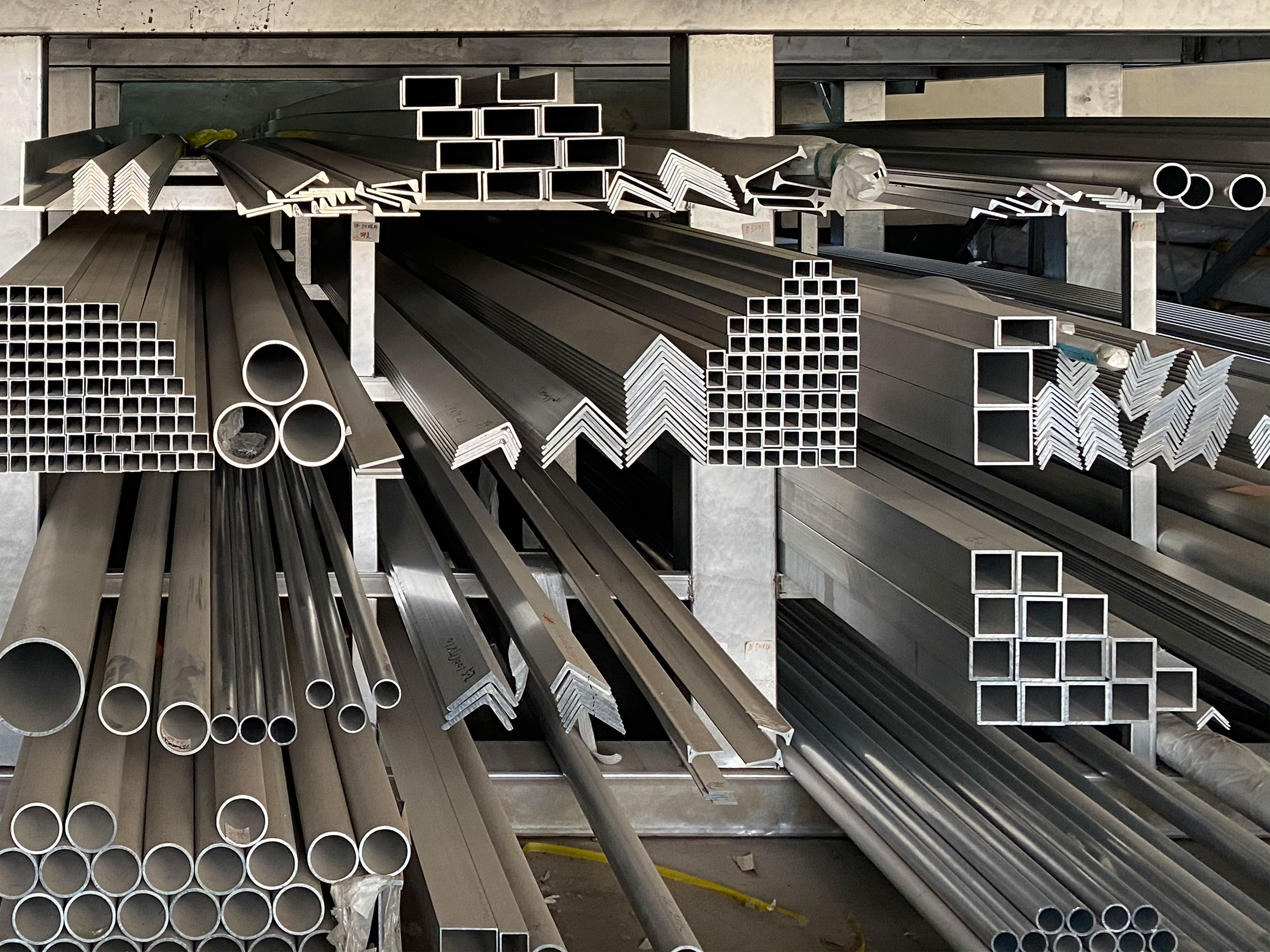
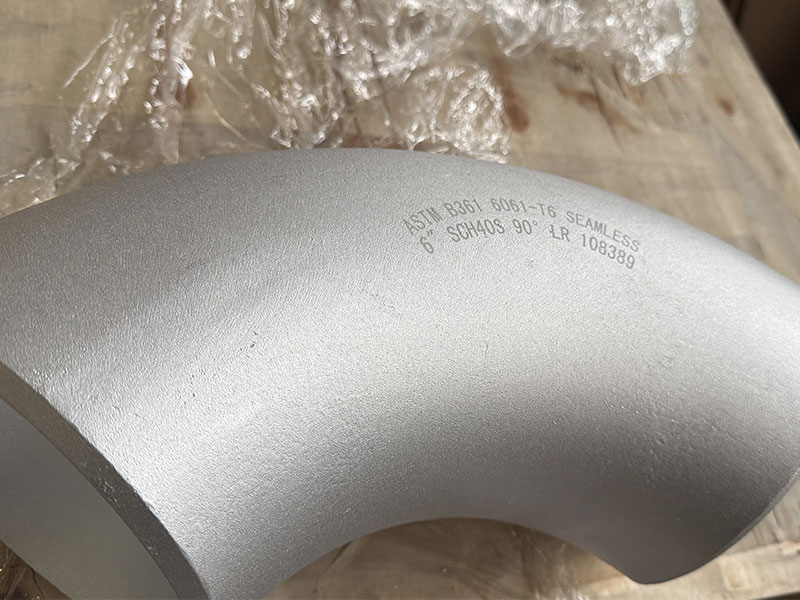
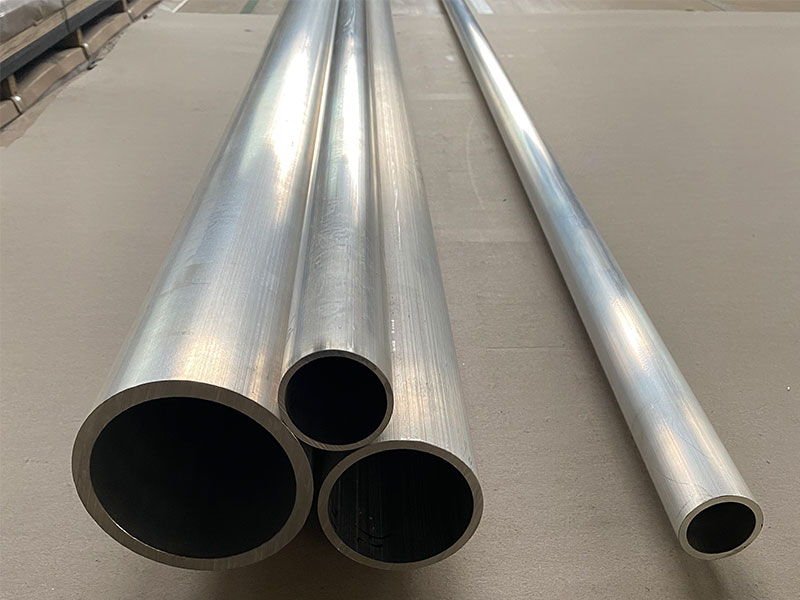
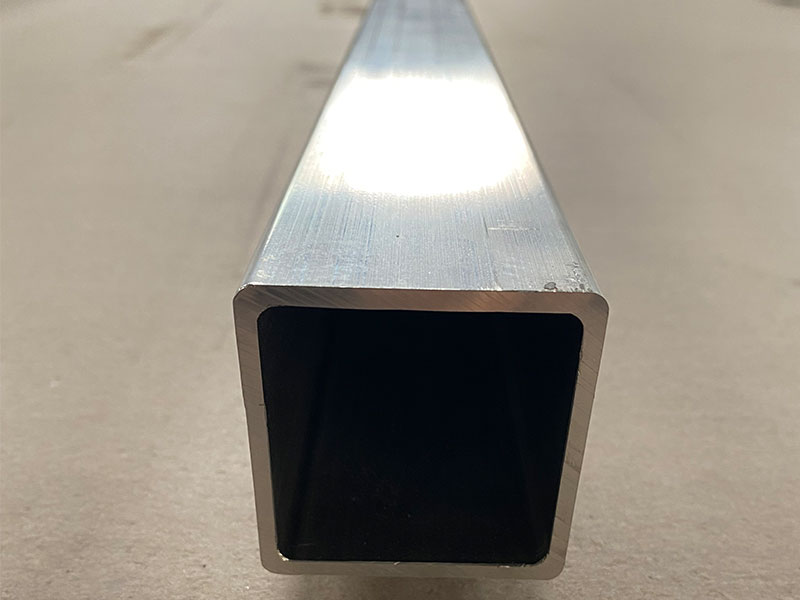
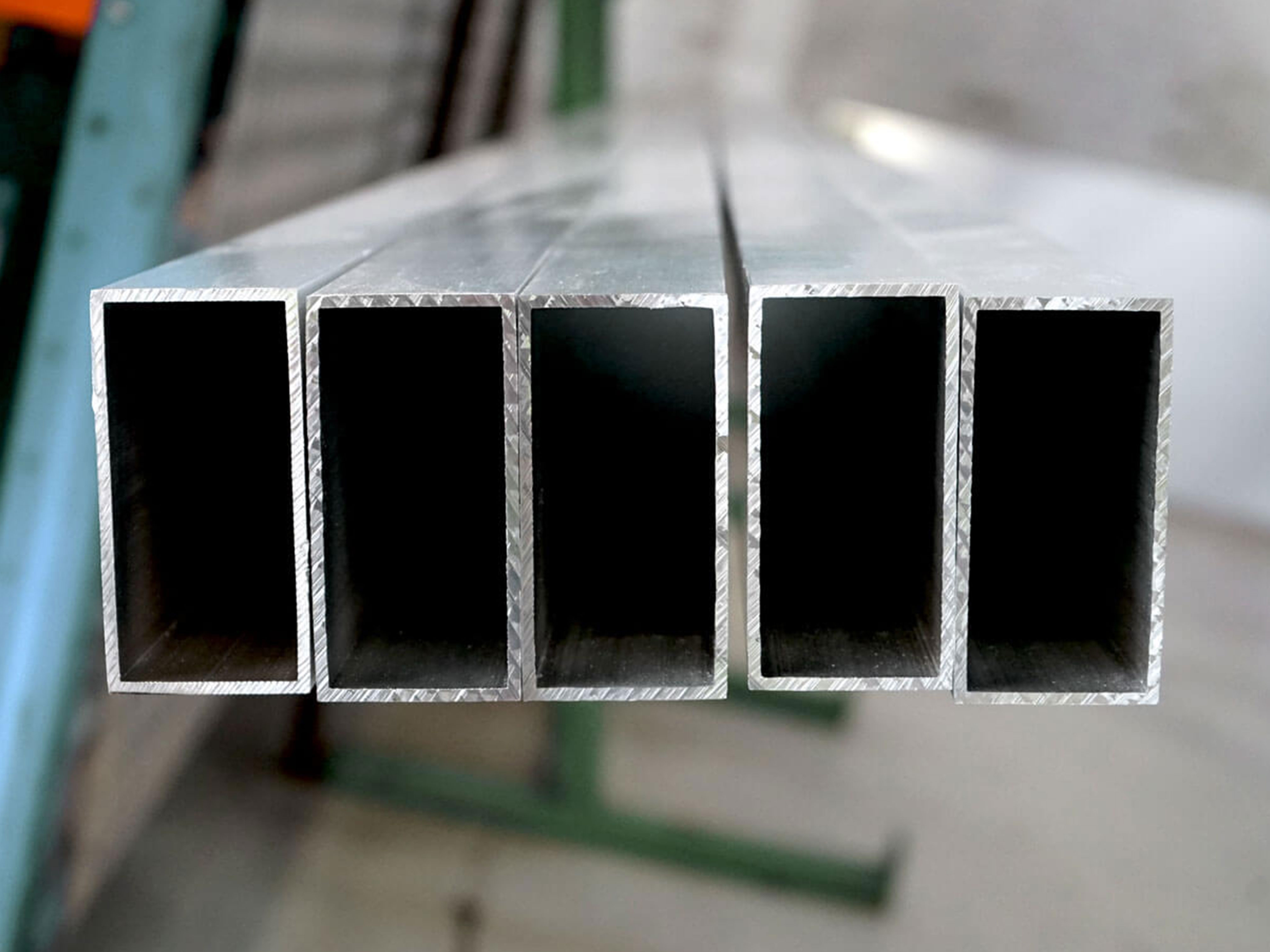





Leave a Message